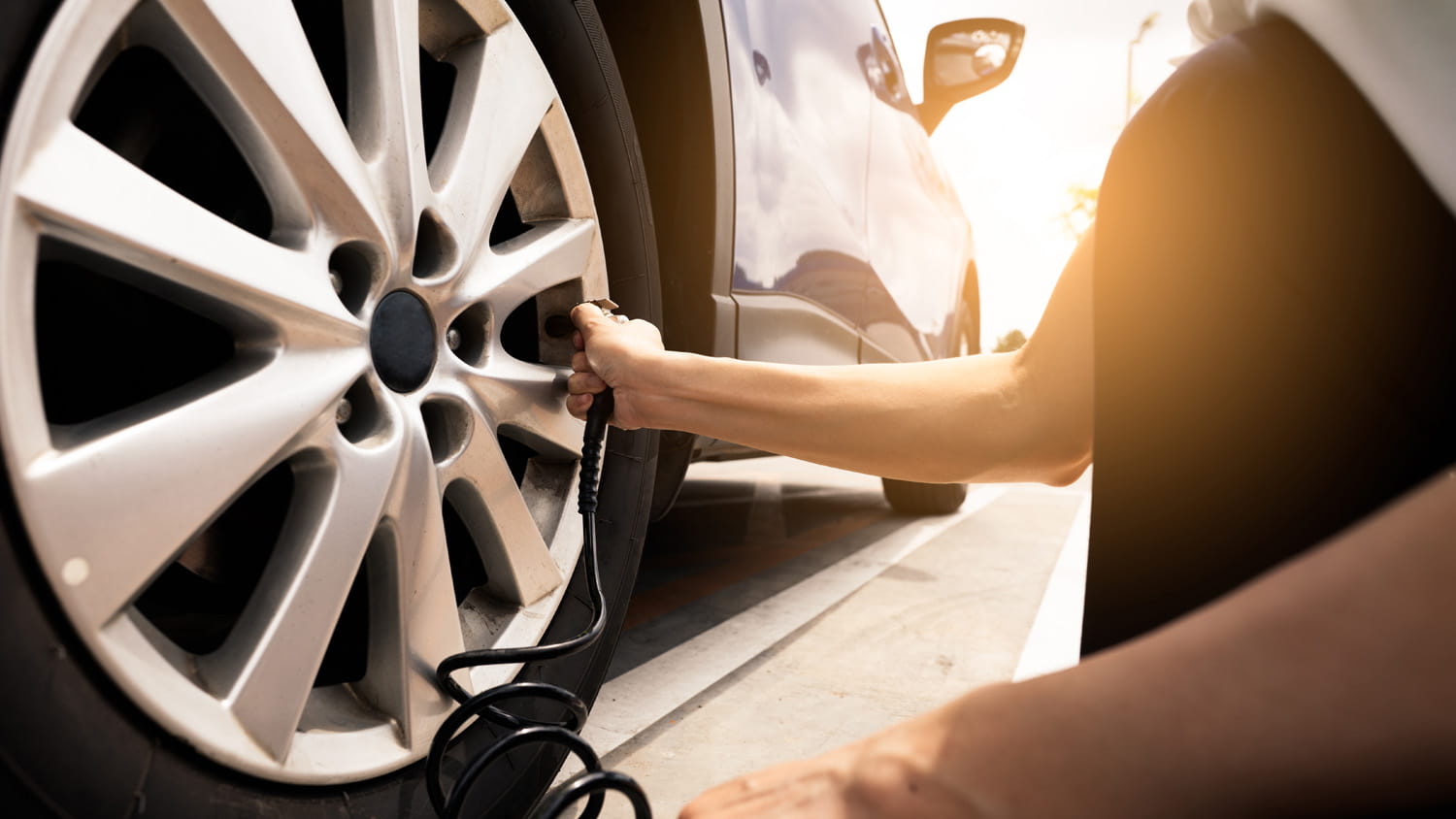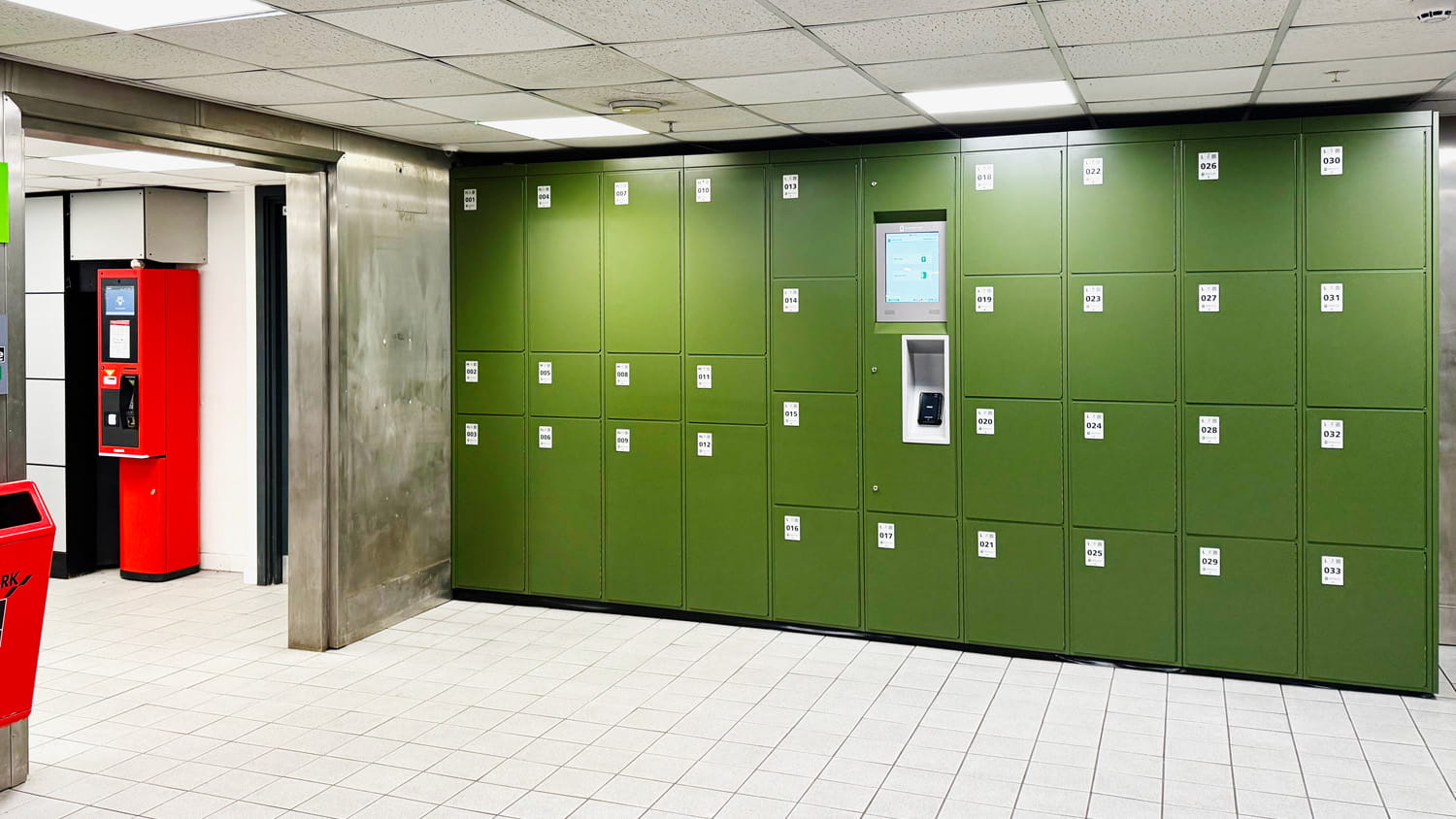
| Your cars tyres are the only part of the vehicle in direct contact with the road, which makes their condition absolutely critical to your safety.
Read more
The increase in dedicated active travel lanes into the city centre has in-turn increased the demand for secure places to park them. So does the current provision meet the demand?
The increase in dedicated active travel lanes into the city centre has in-turn increased the demand for secure places to park them. So does the current provision meet the demand?
In recent years, there has been a notable surge in the introduction of bike lanes across cities in the United Kingdom. This positive trend reflects a growing recognition of the numerous benefits that cycling infrastructure brings to urban environments. These dedicated lanes not only promote eco-friendly and healthy modes of transportation but also enhance road safety for both cyclists and motorists. The expansion of bike lanes serves as a pivotal step towards reducing congestion and air pollution, while simultaneously fostering a sense of community and active living. With the introduction of these lanes, UK cities are moving towards a more sustainable and inclusive future, where cycling is increasingly becoming a convenient and preferred means of commuting.
Sadly, in times of economic downturn, petty crime can be on the rise especially in city centres. Unfortunately bike theft is a scourge of both residents and local police forces. In fact, according to the London Evening Standard bike thefts in London are ‘effectively decriminalised’ as over 90% of cases are left unsolved. The vast majority of such thefts occur when bikes are chained up in an external environment. Many new office blocks are starting to install internal bike racks, but many other businesses (such as shops and restaurants) do not have space to do this. Many residents in city centre flats also do not have space or the want to have their bike in their own limited space., especially when it is dirty or wet.
Evidently a secure solution needs to be created but in cities where there is limited space where would it go?
A Q-Park Mobility Hub is an ideal location for secure bike parking. Q-Park are at the forefront of the European Parking industry in the creation of Mobility Hubs. The aim is to evolve parking facilities to become vital instruments to help realise urban accessibility, sustainability and liveability. In addition to car parking, Q-Park aims to provide access for shared mobility schemes, rapid electric fleet charging, last mile delivery and retail spaces all housed within their safe and secure multi-purpose parking facilities. In London, Q-Park partnered with a bike parking provider called Spokesafe, who then installed secure units in Q-Park Chinatown, Q-Park Oxford Street and Q-Park Soho. These units are only accessible for customers who have subscribed to Spokesafes services. With Q-Park facilities across the country they have the space and the flexibility to work with any provider or local authority who wishes to introduce these types of services into the cities they are in.
To find out more about Q-Park Mobility Hubs click here.
About Q-Park
Q-Park is one of the three leading providers of parking facilities in West Europe, whether wholly owned, leased, managed or in a hybrid business model. Q-Park is notable for its quality approach and has a portfolio comprising over 677,000 parking spaces in over 3,400 parking facilities in the Netherlands, Germany, Belgium, Great Britain, France, Ireland, and Denmark. Q-Park has numerous mobility hubs which provide access to a variety of mobility solutions. We house and support a range of activities from last mile logistics, fleet charging hubs, micromobility and car sharing services which help support urban accessibility, sustainability and liveability.





